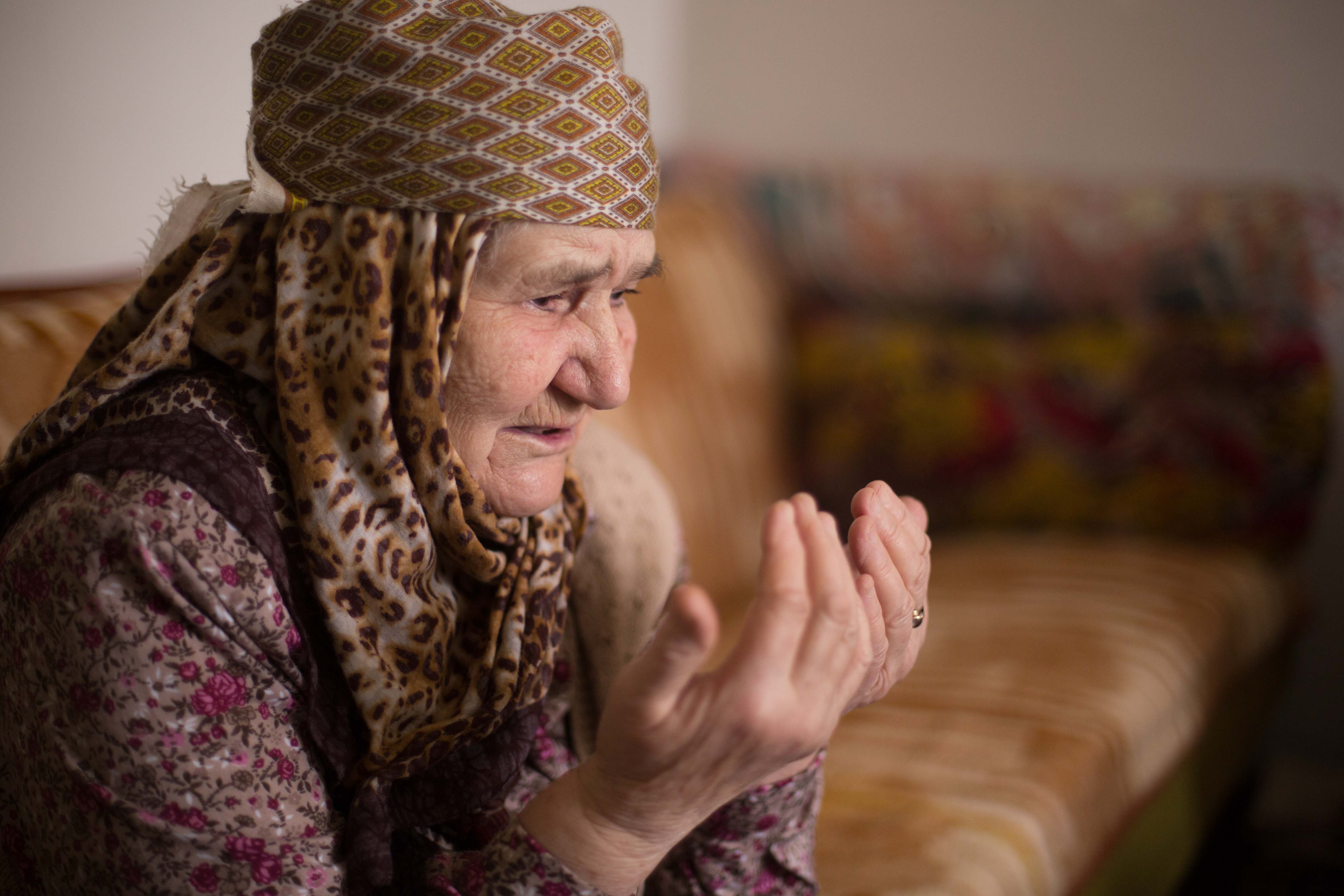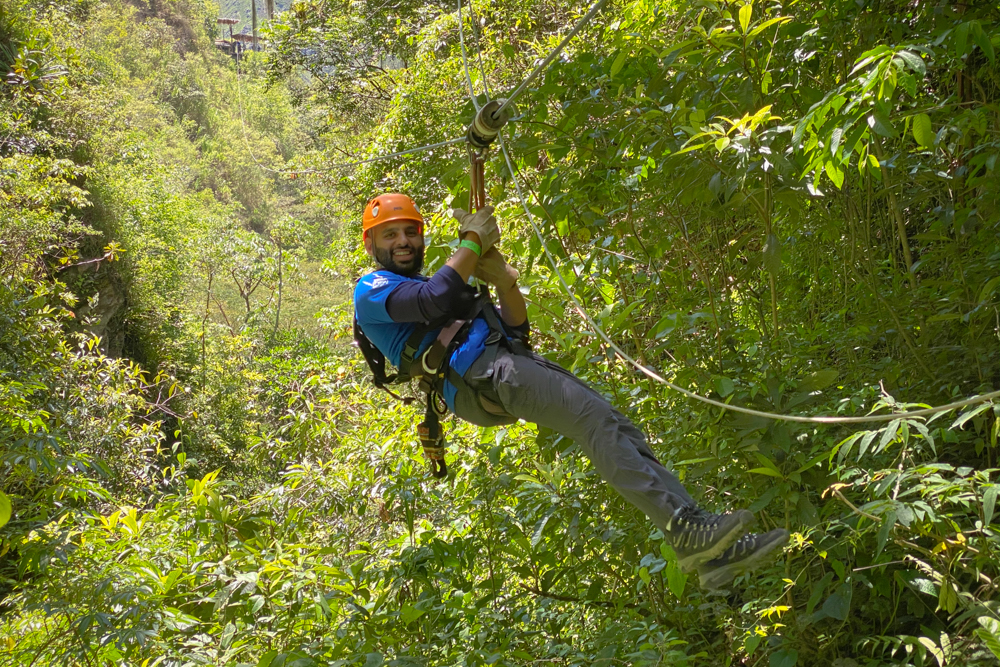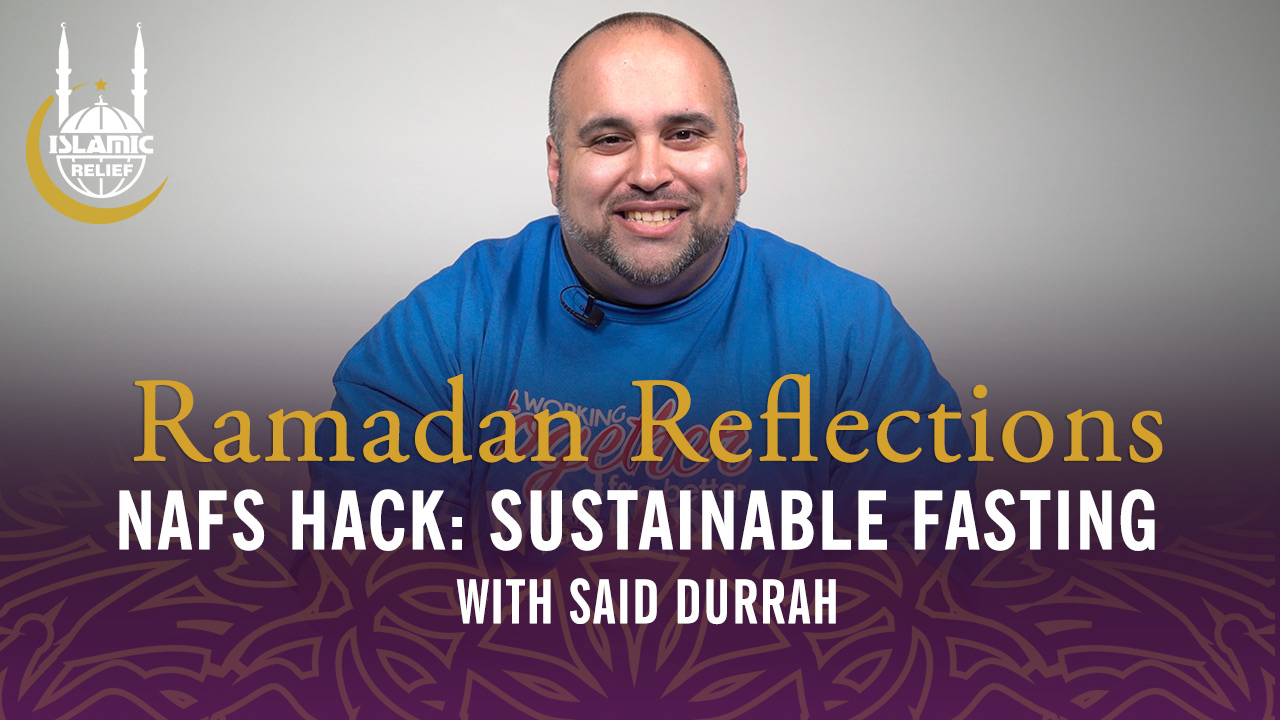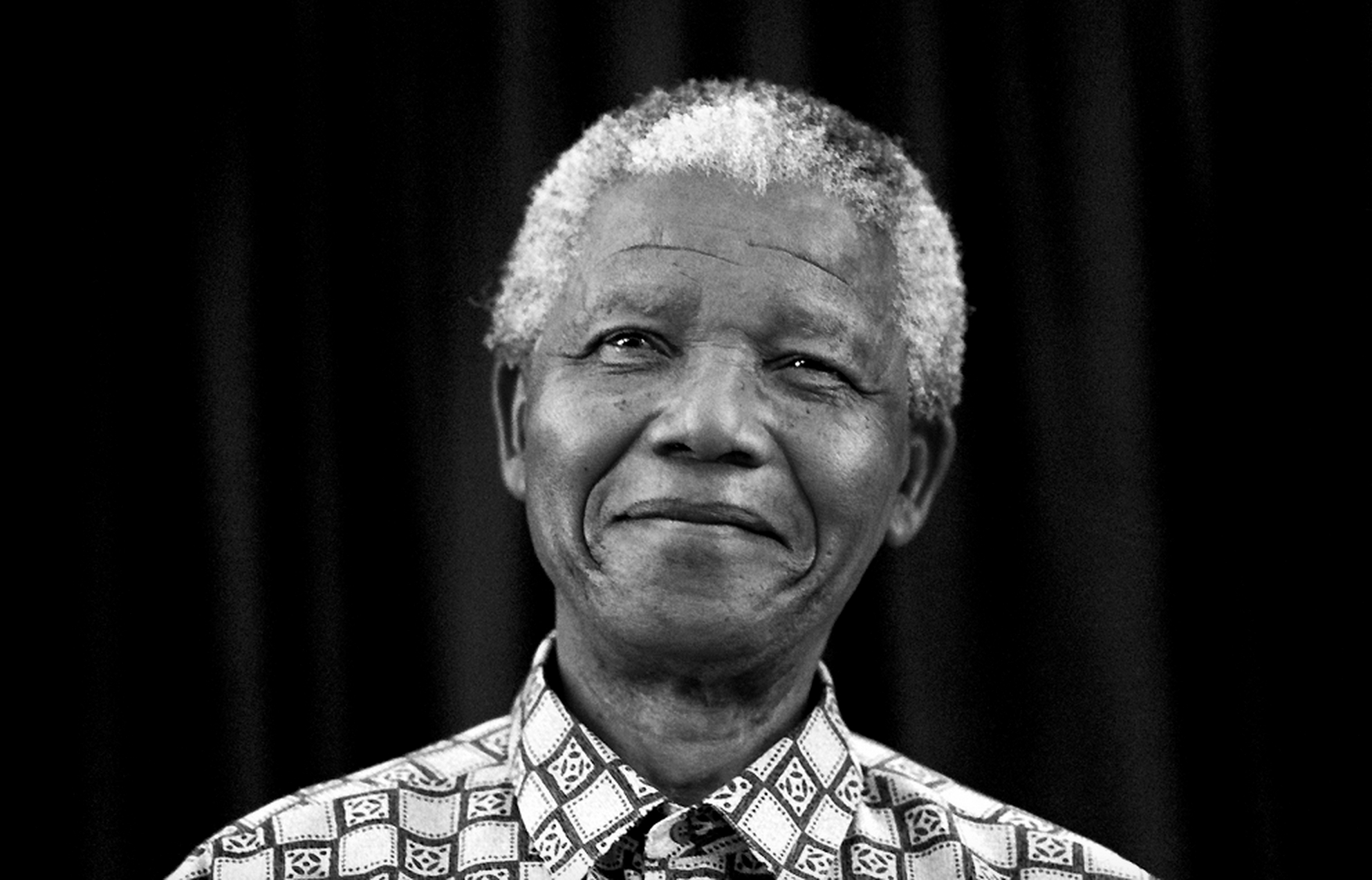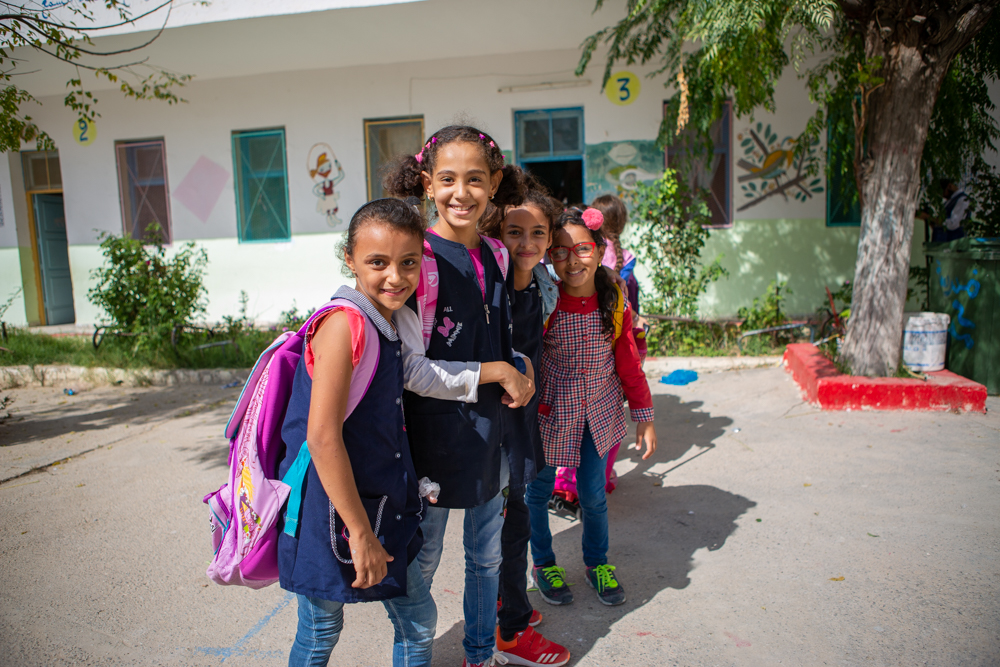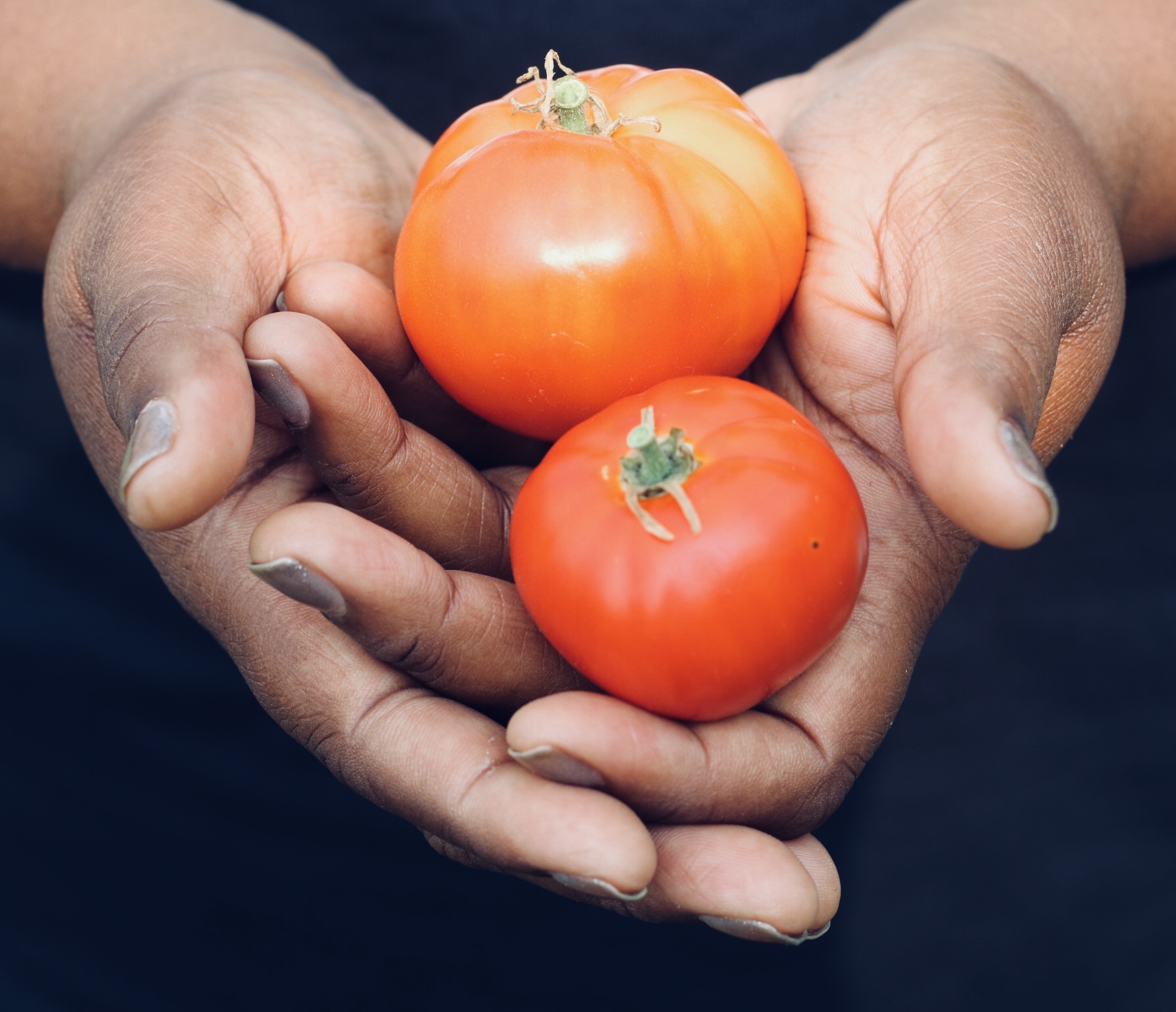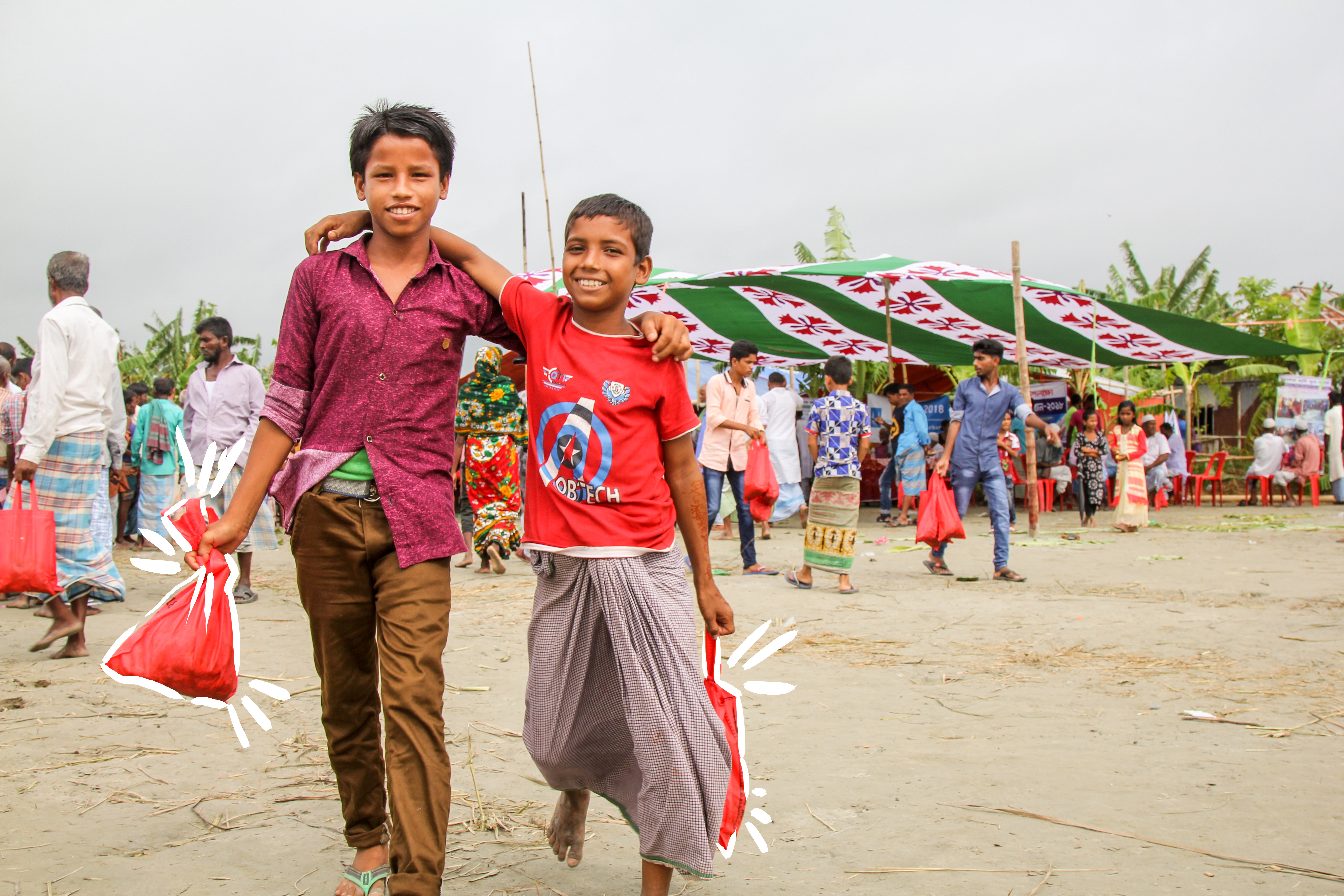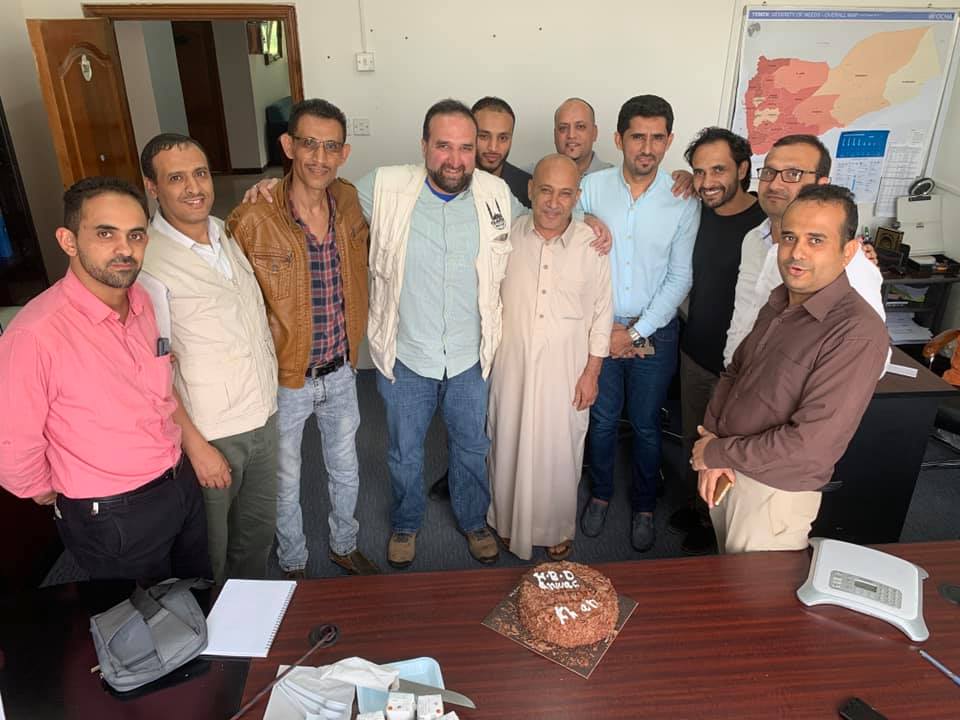-
Faith Communities and Women’s Sexual and Reproductive Rights
Sharifa Abdul-Aziz is the Senior Gender Policy Advisor at Islamic Relief Worldwide. Sharifa attended the Women Deliver conference on behalf of Islamic Relief USA, who is part of the Faith Alliance for Health who organized the panel Sharifa spoke at. She wrote the following reflection Women Deliver is a leading global advocacy platform for women and girls rights, health and wellbeing. Thousands of influencers, policy makers, activists, journalists and young people from a number of countries come together to promote and highlight solutions and focus on how to make Sustainable Development Goals matter to women and girls. The event takes place every three years and has achieved putting maternal,…
-
In Solidarity: A Lesson from IRUSA’s Capitol Hill Iftar
Christy Bectel recently attended the Capitol Hill Iftar and shares her refections. Christy is a Public Affairs Intern at Islamic Relief USA. She is originally from Michigan and is a senior at Grand Valley State University majoring in International Relations and minoring in Middle East Studies and German. The mention of certain cities in the U.S. often evokes images of decline, decay, even pity. Particularly in my home state of Michigan, Flint and Detroit are the cities people name and quickly dismiss in their discussions of poverty in the U.S. Though I’m a resident of neither, I feel an inclination to defend these cities, the stories of which are often framed through…
-
World Environment Day and the Muslim’s Duty
Salam Aznan, Marketing Specialist at IRUSA, reflects on our duty to the environment. Our Duty Out of the many obligations bestowed upon us by Allah (subhana wa ta’ala) and our beloved Prophet (peace be upon him), one of the most neglected aspects of our religion is our duty to the environment. Islam teaches us to be kind to our neighbors, to be generous with o Our Islam There are a wide variety of hadiths and Qur’anic ayahs directing us to protect and to not neglect the sanctity of the environment. In Surah Al-A’raf, Allah (SWT) commands us to not consume extravagantly, “O children of Adam, take your adornment at every…
-
Dear Aleppo…
IRUSA’s Mayssoun Olabi is from Aleppo, Syria. In the aftermath of the recent attacks, she shares a reflection. Today I woke up with a heavy heart. My usual, happy disposition was muted by images that played over in my head, and sounds that echoed off the walls of my heart. My whole body ached. And though I was deeply upset, I needed to show the world that everything was okay. I needed to show my children. I needed to show myself. Forcing a smile on my face, I went about the morning as usual: Wake up, kids! Brush-your-teeth-comb-your-hair-get-ready-for-school. Eat your breakfast. I smiled as my 7-year-old daughter, Mariam, asked me…
-
70% of the World Is Water — But So Often, There’s Not a Drop to Drink
When you think of places where girls have to walk for hours to carry back water, you might tend to think of hot, dry regions of Africa. But water shortages can happen anywhere in the world—from remote villages in Albania to cities right here in the United States. Schoolchildren learn that water covers 70% of the planet—it sounds so plentiful. But the fresh water we drink and use in our homes and on our farms only makes up 3% of the world’s water. And most of that is unavailable—locked up in frozen glaciers or otherwise inaccessible. So providing clean water is more difficult than it might sound at first glance.…
-
My People of Syria — I’ll Keep Sharing Your Stories
For five years I have watched my people lose their homes and lives to war. For five years I have watched as they scattered around the world in search for safety. From country to country, refugee camp to refugee camp, year after year. For five years, in six different countries and in dozens of camps, I have witnessed first-hand the effects of war and conflict on the people from the same nation my mother, grandmother and her mother were born in—Syria. I’ve seen my fellow Syrians in Lebanon, living in makeshift homes wherever they could find, a masjid construction site, a building boiler room and a leather factory near the…
-
Just a Day at the Masjid With Obama
This is the story of how Naeem Muhammad, IRUSA Community Outreach Manager, didn’t quite get to emcee for President Obama, but had an amazing day at an historic event in his home city of Baltimore. Story as told to IRUSA writer Lina Hashem. I got the call on Tuesday, early morning. A good friend from Baltimore called me and asked, “Where are you?” My friends know I travel a lot for Native Deen or for relief work. I said, “I’m home, I just got back from Flint, and I’m going to the office.” He said, “They’re looking for you — they want you to emcee the event tomorrow. The White…
-
From Earthquake Shaken Pakistan: “As the winter weather looms, every bit helps.”
We started the morning early and traveled up a nearby mountain in a small jeep. Only one car can pass at a time. The earthquake broke off parts of the road, and landslides are a constant hazard.
-
Nepal Earthquake: Working Together Six Months On
Islamic Relief has been working in Nepal since double earthquakes tested villagers there six months ago, and as a winter warning has been issued for Nepal’s earthquake survivors, Islamic Relief teams are pushing resiliency efforts on the ground. When the earthquake struck Nepal on April 25, millions of people were affected. Pictures showed remote villages completely leveled to rubble. The full impact of the earthquake, which measured 7.9 on the Richter scale, was not known until weeks later as officials and aid workers struggling to reach remote areas. The earthquake took the lives of nearly 9,000 people, and more than 22,000 more were injured. 8 million people were affected and…
-
Meet One Of The Most Persecuted People On Earth
Bilal Aslam is programs officer at Islamic Relief USA. He traveled to Indonesia to meet refugees who are stuck in the middle of their planned journeys out of Malaysia. This is the remarkable story of one young man. A minority group in Myanmar have long endured the trauma of not knowing where they’ll live, and not knowing where they’ll find acceptance. It’s a homelessness that has deeply affected their community. Many are deeply tormented by it. To escape the persecution and to search for a better life, many boarded ships with hopes to reach Malaysia or Australia. Many pay more than $1,000 to purchase tickets for the journey. When they arrive to board the…

